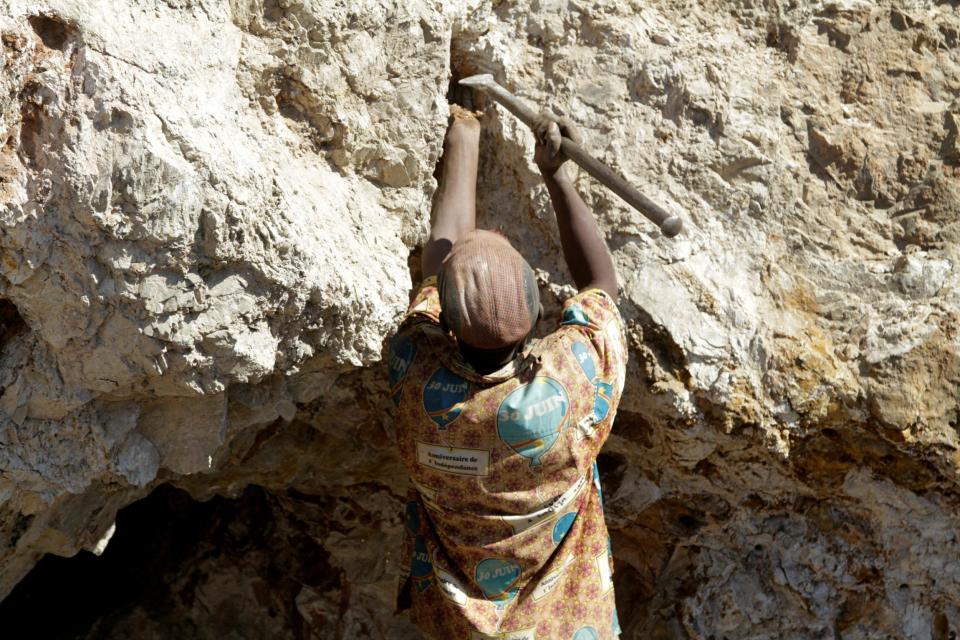Ford and IBM use blockchain to combat child labour in Congo
Ford, IBM and LG have joined forces to use blockckain to prevent child labour being used to mine minerals essential for making smartphones and electric cars.
The three multinationals and China’s Huayou are using the technology to track cobalt mined in the Democratic Republic of Congo along the supply chain to batteries making batteries for Ford’s electric vehicles.
Lithium-ion batteries are found in a host of consumer electronics including iPhones and tablets. Surging demand has meant a boom in cobalt mining in the DRC, which produces around 60 per cent of the global supply.
But mines in the impoverished central African nation have been found to exploit children as young as seven who are paid just 50p per day and exposed to potentially lethal toxins. Cobalt mining also pollutes local land has been linked to corruption.
The four companies said they were using IBM’s blockchain platform to monitor cobalt through entries on a tamper-resistant database from the point that the mineral is extracted.
IBM plans to use the pilot, which has been running since December, as a model for the rest of the automotive and consumer electronics industries.
Demand for cobalt is expected to increase eightfold by 2026 as the number of cars, laptops, tablets and other devices multiplies.
Increasing awareness among consumers of the human rights abuses associated with cobalt mining has put pressure on firms to act.
Blockchain, the technology underpinning bitcoin, uses multiple copies of data held on different computers, to create a shared record that is more secure than conventional databases.
In the pilot, cobalt from Huayou’s mine will be securely bagged up, with details entered into IBM’s blockchain, before being sent to LG’s battery plant in South Korea and then arriving at Ford’s factory in the US.
The pilot is being overseen by responsible sourcing consultants RCS Global.

 Yahoo Finance
Yahoo Finance 

